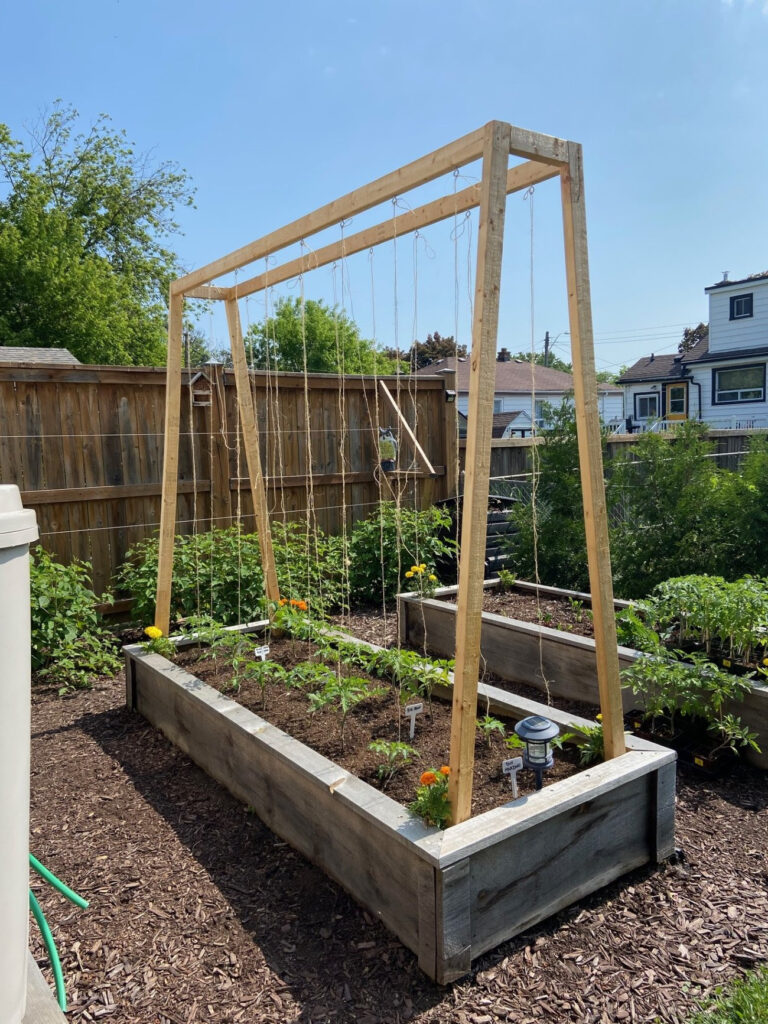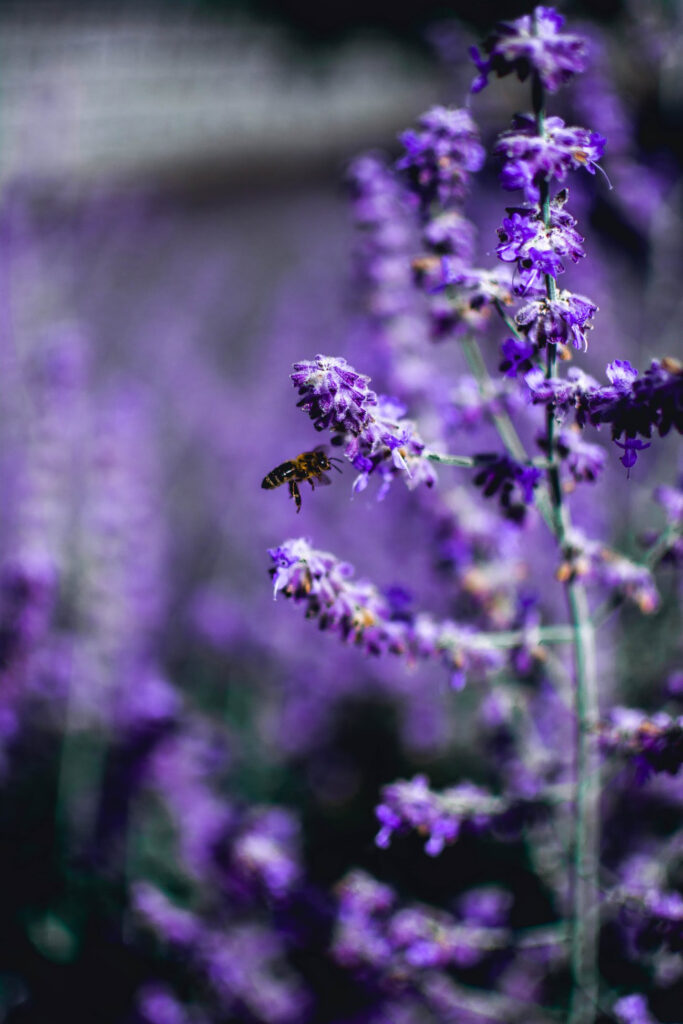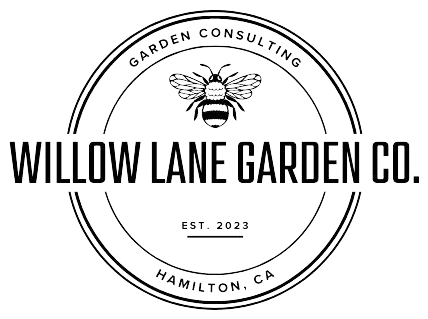Beneficial Flowers – More than just a pretty face!
Different Ways They Can Help. We look at Beneficial Flowers!
Most people will grow and plant flowers for the look and the colour that they bring to their gardens. But, did you know they are also very beneficial to have near or in your kitchen gardens? Beneficial flowers can be used for multiple reasons in a garden bed..
Did you know that certain flowers can act as natural pest repellents? Marigolds, for instance, emit a scent that deters many common garden pests like aphids and nematodes. By strategically planting flowers such as marigolds, nasturtiums, and calendula, you can help reduce the need for chemical interventions and create a more balanced ecosystem in your garden.
Flowers are nature’s invitation to pollinators like bees, butterflies, and hummingbirds. By incorporating a variety of flowering plants, you can attract and support these vital pollinators, enhancing the biodiversity of your garden. Consider planting bee-friendly flowers like lavender, sunflowers, and coneflowers to create a haven for these essential creatures.
Flowers can serve as valuable companions for your vegetable and herb beds. For instance, interplanting flowers like daisies, zinnias, or borage among your vegetables can attract pollinators while also providing a visual appeal. Some flowers, like nasturtiums, can even help repel pests that commonly affect crops like cucumbers or tomatoes.
Beyond their functional benefits, flowers bring beauty and charm to any garden. They add vibrant colors, textures, and fragrances that can uplift your outdoor space and create a tranquil atmosphere. Incorporating flowers into your garden design not only pleases the eye but also feeds the soul.
Embracing flowers in your garden fosters a sense of ecological harmony. By creating an environment that supports beneficial insects and pollinators, you contribute to the overall health and balance of the ecosystem. Your garden becomes a microcosm of sustainable and regenerative practices, promoting a greener and more biodiverse world.

Varieties of Beneficial Flowers
Marigolds: These vibrant, easy-to-grow flowers emit a strong scent that repels aphids, nematodes, and other pests. They also attract beneficial insects like ladybugs, which feed on common garden pests.
Nasturtiums: With their colorful blooms and edible leaves and flowers, nasturtiums serve as excellent companion plants for vegetables. They repel aphids, squash bugs, and whiteflies while attracting pollinators like bees and butterflies.
Calendula: Calendula flowers not only add a pop of bright orange or yellow to your garden but also deter pests such as aphids, cabbage worms, and tomato hornworms. They also attract hoverflies, which feed on aphids.
Lavender: Known for its delightful fragrance, lavender attracts pollinators like bees and butterflies. It also repels fleas, moths, and mosquitoes, making it a useful flower to have near outdoor seating areas.
Sunflowers: These towering beauties not only bring cheer to your garden but also attract bees, butterflies, and other pollinators. Their large blooms provide ample nectar and pollen resources.
Borage: Borage is a versatile herb with attractive blue flowers that attract pollinators like bees and beneficial insects like predatory wasps. It can help deter tomato hornworms and cabbage worms when planted near these vegetables.
Zinnias: Zinnias come in various vibrant colors and are excellent for attracting butterflies and bees. They can also serve as a decoy plant, diverting pests away from your vegetables.
Sweet Alyssum: This low-growing flower releases a sweet fragrance that attracts hoverflies, lacewings, and other beneficial insects that feed on aphids and other pests.
Cosmos: With their delicate, daisy-like flowers, cosmos attract butterflies, bees, and other pollinators. They are low-maintenance and add a touch of elegance to any garden.
Chrysanthemums: These colorful flowers contain natural insecticides that repel pests like aphids, spider mites, and Japanese beetles. Be sure to choose the pyrethrum variety, which has the most potent pest-repelling properties.

5 Key Takeaways
1. Enhance pollination: Flowers attract pollinators like bees, butterflies, and beneficial insects, which play a crucial role in pollinating vegetable plants. By planting flowers nearby, you increase the chances of successful pollination and improve the yield of your crops.
2. Pest control: Certain flowers act as natural pest repellents or attract beneficial insects that prey on garden pests. Planting flowers like marigolds, nasturtiums, and calendula can help deter pests and reduce the need for chemical pesticides.
3. Biodiversity and ecosystem health: Introducing a variety of flowers to your garden promotes biodiversity by attracting diverse pollinators and beneficial insects. This contributes to a healthier and more resilient ecosystem, creating a balance that benefits both your garden and the environment.
4. Companion planting: Flowers can serve as companion plants for vegetables, providing various benefits such as repelling pests, attracting beneficial insects, and improving soil health. Intercropping flowers with vegetables helps optimize space and creates a harmonious growing environment.
5. Aesthetics and enjoyment: Flowers add beauty, color, and fragrance to your kitchen garden, enhancing its visual appeal and creating a pleasant and inviting atmosphere. Enjoying the sight and scent of flowers while tending to your vegetables can make gardening a more enjoyable and rewarding experience.
We are here to help you achieve your gardening goals! Reach out with any questions that might come up throughout your journey.
We are excited to announce that there are some new DIY plans on our Etsy store. Whether you need some more storage in the garden, are looking to spruce up your curb appeal or are looking for a new way to grow your tomatoes, we have something for you!
Check it out here – https://www.etsy.com/ca/shop/WillowLaneGardenCo
Best regards,
Tessa & Kyle

